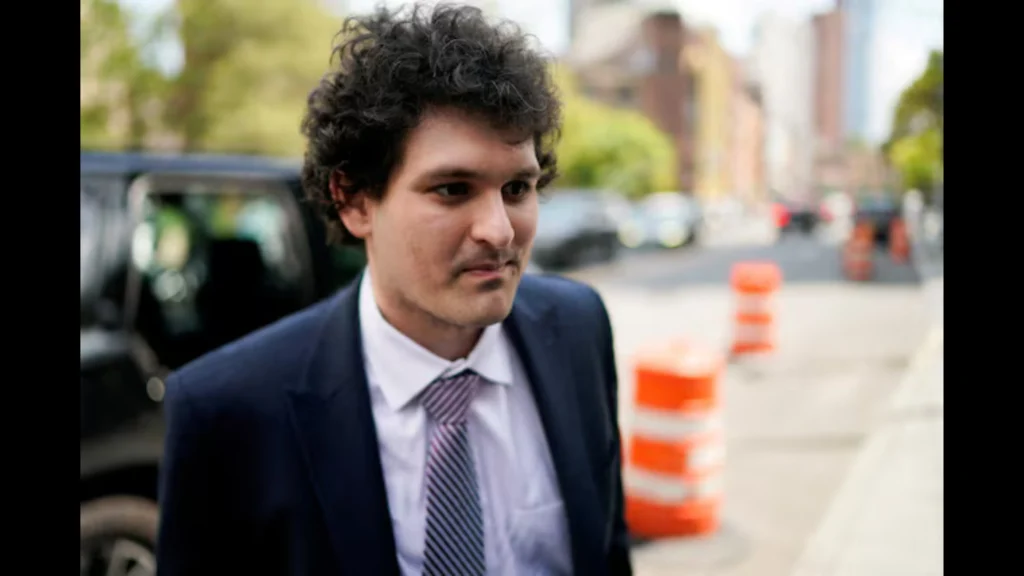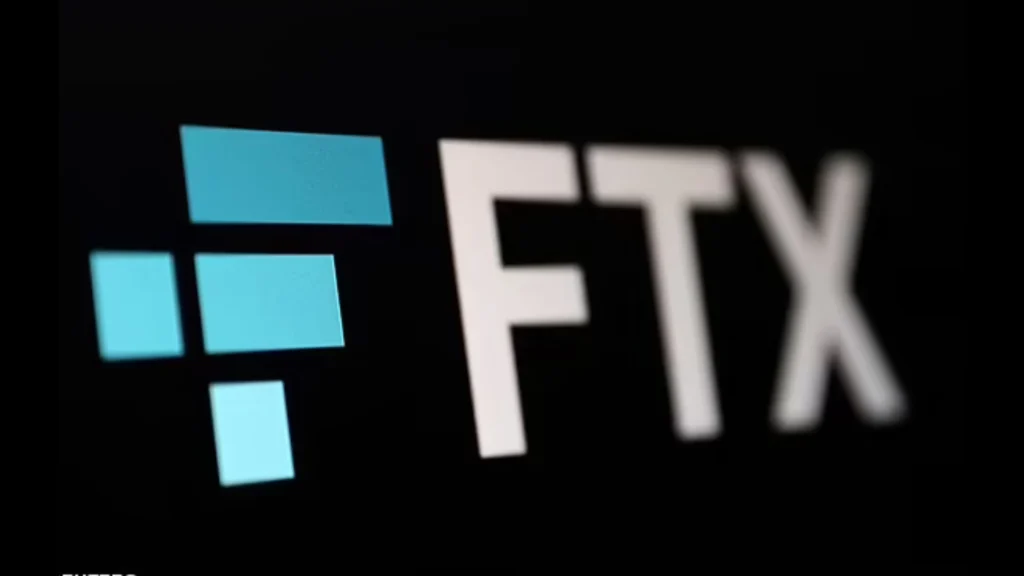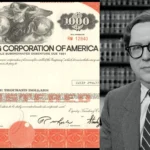
Sam Bankman-Fried, often known by his initials SBF was once seen as a genius in the cryptocurrency world—a math-loving introvert who stayed away from parties and alcohol. As the founder of the FTX cryptocurrency exchange, he quickly rose to global fame, creating one of the most influential platforms in the digital finance industry. At its peak, FTX had over 130 affiliate companies worldwide and was trusted by millions of users, according to The New York Times.
But behind the scenes a storm was brewing—one that would eventually turn this crypto star into one of the most controversial figures in finance. As financier Anthony Scaramucci later put it during the trial, Bankman-Fried became known as “the Bernie Madoff of crypto,” a label that reflected the staggering level of alleged fraud linked to his name.
Cracks in the Empire
The downfall began in November 2022 when CoinDesk published a report revealing that Alameda Research, another company founded by Bankman-Fried held massive amounts of FTT—a token created by FTX. This raised eyebrows across the industry. Alameda’s financial strength was largely built on assets generated by its own affiliate, a red flag for any legitimate business model.
The situation became much worse when Binance’s CEO, Changpeng Zhao said that his company would sell all of its FTT tokens—the digital currency linked to FTX. This announcement caused panic among investors. In just three days, FTX customers rushed to take out $6 billion from the exchange. The sudden withdrawals created a serious shortage of funds and FTX was no longer able to keep up with the demand, per Business Insider.
FTX froze customer withdrawals and tried to salvage the situation. Binance briefly considered a rescue acquisition but backed out after learning that U.S. regulators were already investigating FTX’s internal financial practices.
From CEO to Defendant
On 12 December 2022, Sam Bankman-Fried was arrested in the Bahamas and later extradited to the U.S. Federal prosecutors accused him of an elaborate fraud scheme that dated back to 2019.
According to the indictment, Bankman-Fried funneled billions in customer funds to Alameda Research for speculative trading and personal expenses. The charges included wire fraud, securities fraud, commodities fraud, money laundering and campaign finance violations.
Despite the gravity of the accusations, SBF maintained his innocence and pleaded not guilty as reported by Wikipedia.
Inside the Courtroom

The trial kicked off on 3 October 2023, in the U.S. District Court for the Southern District of New York, overseen by Judge Lewis Kaplan. The prosecution wasted no time painting Bankman-Fried as a “villainous, greedy con man” who knowingly broke FTX’s customer agreement by misusing their money.
“He took the money. He knew it was wrong. He did it anyway, because he thought … he could walk his way out of it and talk his way out of it,” said lead prosecutor Nicolas Roos, as quoted by the BBC.
The defense countered with a different picture—a young entrepreneur who made poor decisions, not crimes. They argued that SBF genuinely believed that Alameda had enough collateral to repay loans and insisted that his actions stemmed from bad management, not criminal intent.
“Poor risk management is not a crime,” defense attorney Mark Cohen told the jury, adding that the government was using his personal quirks to “demonize him.”
The defense also suggested that Caroline Ellison, the CEO of Alameda Research played a significant role by not following Bankman-Fried’s guidance to reduce risky investments.
The Verdict and Sentencing
As the trial neared its end, the prosecution painted a harsh picture of FTX, calling it “a pyramid of deceit built by the defendant on a foundation of lies and false promises.” They held Sam Bankman-Fried responsible for the damage done to “countless victims” who were left behind by the collapse. The prosecutors also claimed that his testimony in court was rehearsed and meant to mislead the jury.
The defense held firm, claiming that no direct evidence linked SBF to any specific orders to commit fraud. They argued that the case was more about turning a complicated business failure into a criminal movie plot, saying, “In the real world—unlike the movie world—things can get messy”, per CNN.
But the jury wasn’t convinced. In November 2023, Bankman-Fried was found guilty on all seven counts.
On 28 March 2024, he was sentenced to 25 years in federal prison. While prosecutors asked for up to 50 years, his defense had requested a much lighter sentence of just over 5 years. Judge Kaplan struck a middle ground but made it clear this was a serious crime with devastating consequences. Though SBF expressed regret, the judge found it lacking real accountability.
“Sam Bankman-Fried thought that he was above the law. Today’s verdict proves he was wrong,” stated U.S. Attorney General Merrick Garland.
Ripple Effects on the Crypto Industry
The fall of FTX sent shockwaves through the crypto world. It reignited debates over how loosely regulated the crypto market remains. While some said the entire crypto industry was on trial others emphasized that this was a case about fraud not cryptocurrency itself, per The Guardian.
The fallout was massive. Several lawsuits were filed including one targeting celebrity promoters who supported FTX, accusing them of misleading the public and participating in a scheme that resembled a Ponzi setup, according to the Tech Target.
Despite the chaos, a small glimmer of hope remains for FTX customers. In early 2024, Andrew Dietderich representing the FTX bankruptcy team shared that there is a plan in place to repay users. However, he also noted that the process is still complicated involving both legal hurdles and financial challenges.
Financial author Michael Lewis who had spent time interviewing Bankman-Fried, noted, “Sam genuinely thinks he’s innocent,” suggesting that SBF never saw his actions as criminal but rather as misunderstood or poorly executed decisions.


